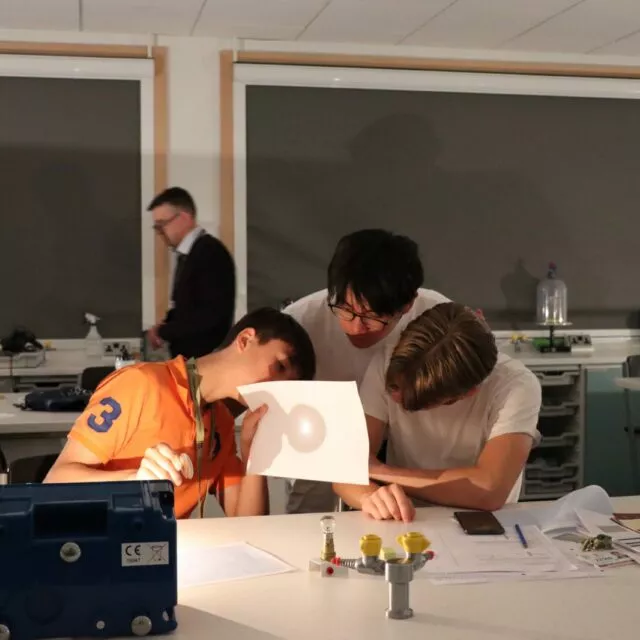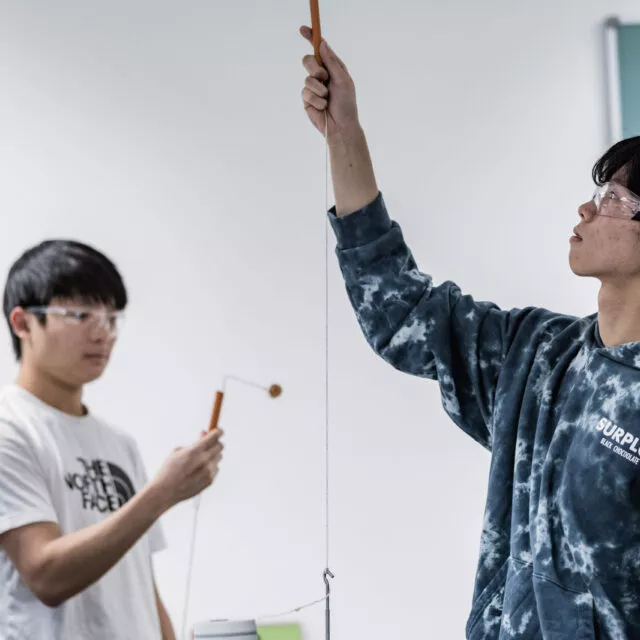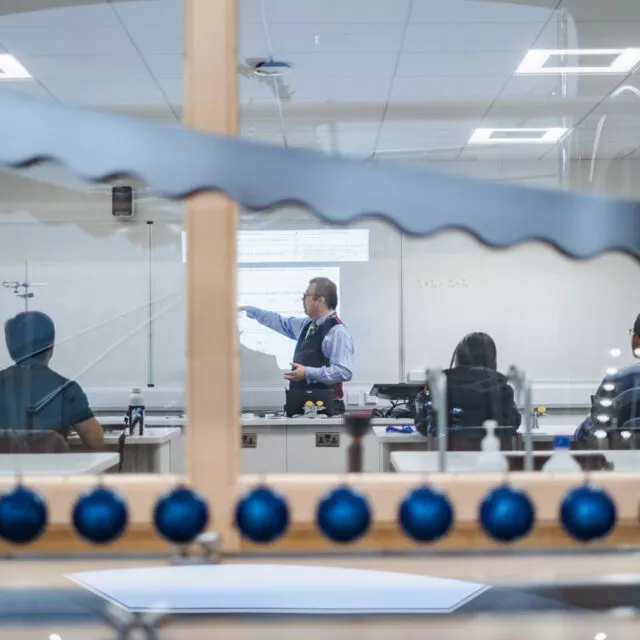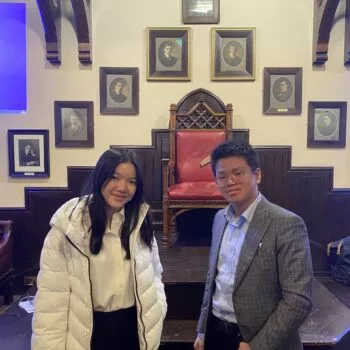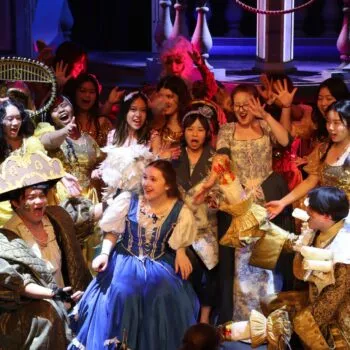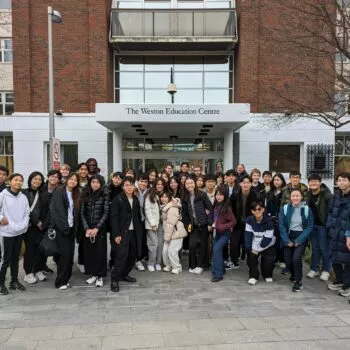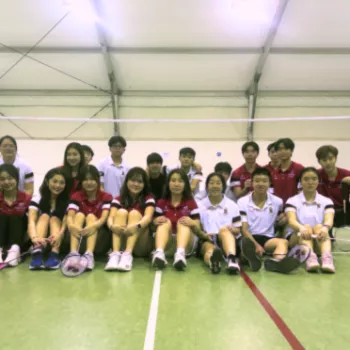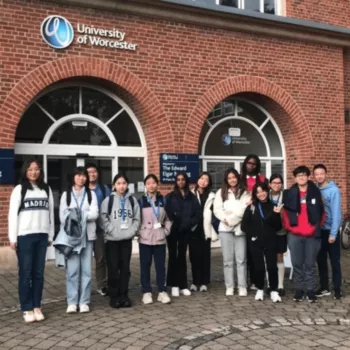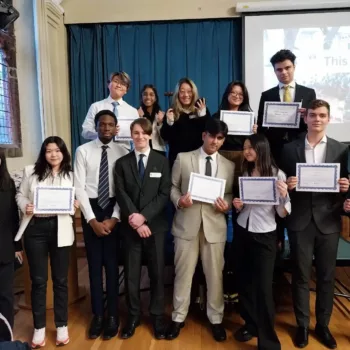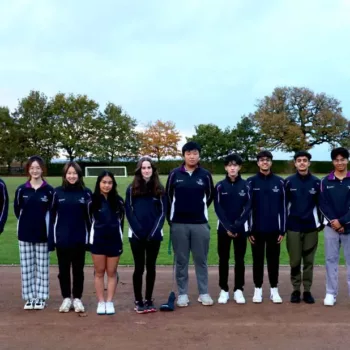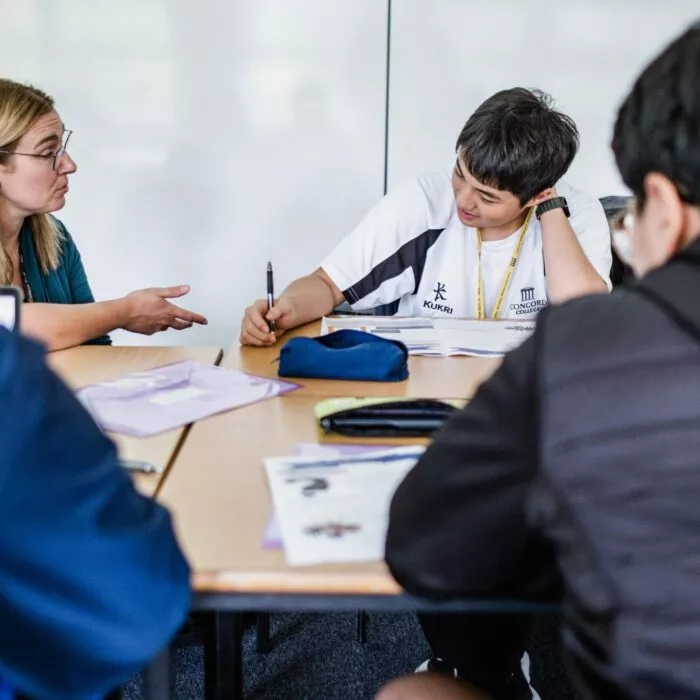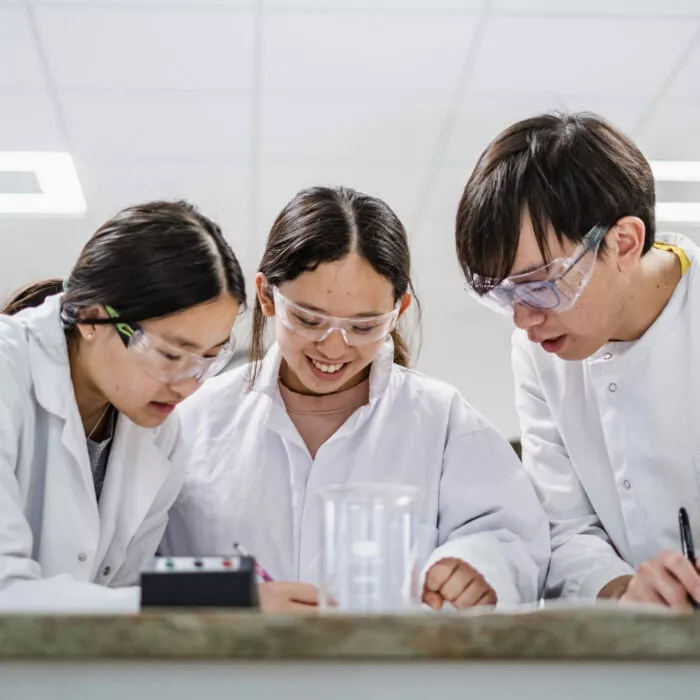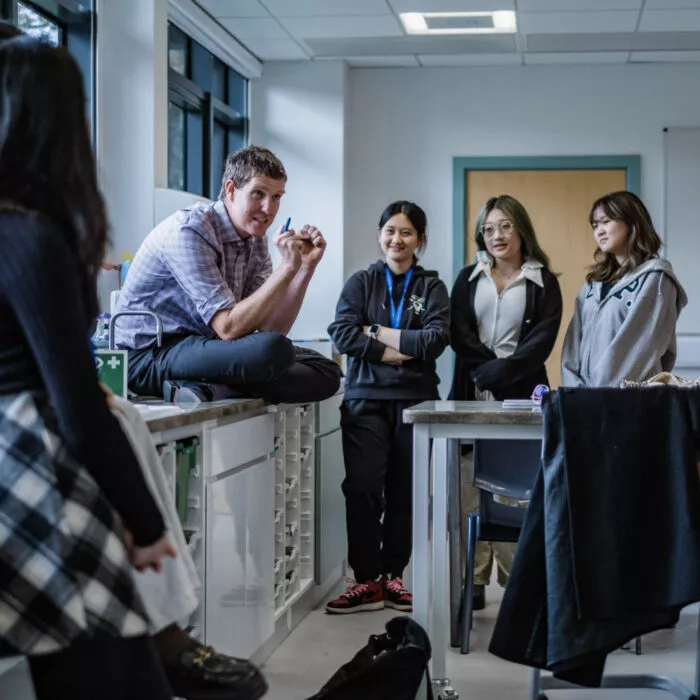Physics
“Nature has a great simplicity and therefore a great beauty.”
—Richard Feynman
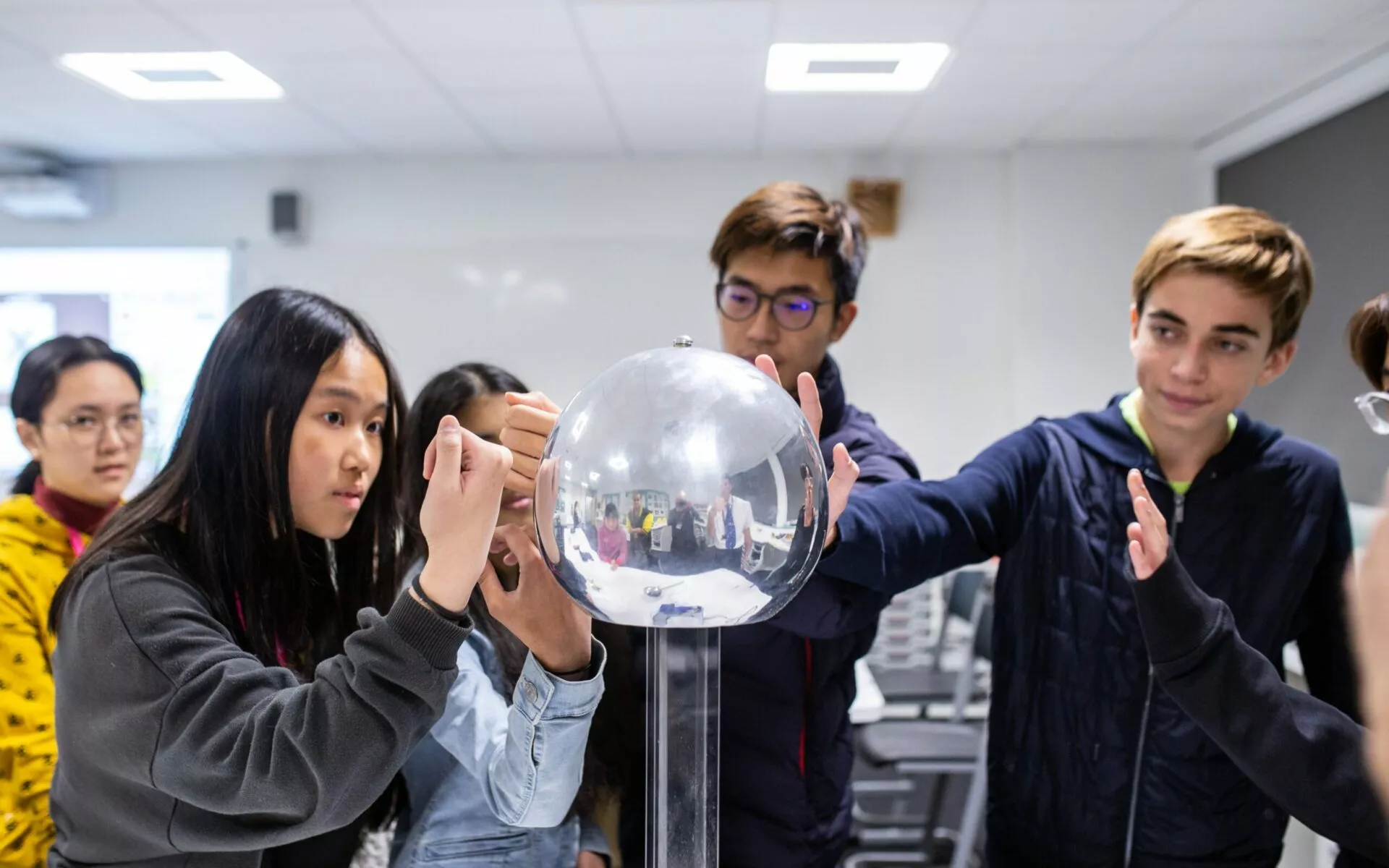
Physics is the foundation of the natural world and provides us with an understanding of the fundamental principles that govern the Universe.
Much of modern scientific knowledge has been driven by developments and advances in physics, from the mechanics that govern everyday motion to the mind-bending theories of quantum mechanics. Physics is a subject that promises to expand your horizons, stimulate your intellect, and empower you with skills applicable in a multitude of fields.
Physics empowers students with a range of important transferable skills which are valued highly by top universities and employers: it develops critical thinking, problem solving, numerical and practical skills. All of these make the subject a gateway to a multitude of university courses and potential future careers from medicine to architecture and engineering.
The department provides numerous opportunities for students to take part in national competitions, clubs and societies. The college has a very strong track record of student success in Olympiads and three members of one of the recent UK teams in the International Physics Olympiad were Concordians.
Form 3
In Form 3, Physics forms part of the broader Science Curriculum. Studying Physics opens doors to understanding the fundamental laws governing our universe. It cultivates critical thinking, problem-solving, and analytical skills.
IGCSE
Board
Cambridge IGCSE
Mode of assessment
Examination
Key topics covered in the IGCSE Physics course include: motion, forces and energy; thermal physics; waves; electricity and magnetism; nuclear physics; and space physics.
The course leads students to develop a concern for accuracy and precision, objectivity, enquiry, initiative and inventiveness.
A Level
Board
AQA Advanced Subsidiary and Advanced Level
Mode of assessment
Examination
A Level Physics as a course introduces opportunities to delve into advanced scientific principles. The first year includes an introduction to ‘modern’ physics such as particle physics and quantum physics, as well as more traditional topics such as waves, mechanics, materials and electricity. The second year extends into further mechanics, thermal physics, fields, nuclear physics and an optional topic. Practical work is integral and students carry out ongoing practical and data analysis work as part of the course. This includes 12 mandatory practical tasks as well as the opportunity to use a large range of apparatus. The course develops strong analytical and problem-solving skills and provides a foundation for higher education in physics and related disciplines.
Futures
Concordian physicists have gone on to study a wide range of courses including Physics, Engineering, Computer Science, Medicine and Physics & Philosophy at some of the world’s top universities including Oxford, Cambridge and Imperial College.
